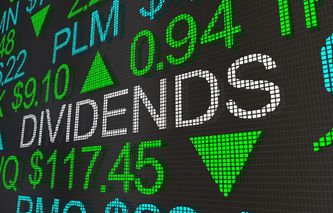Definition
The term yield to maturity refers to a calculation that allows investors to account for all the possible returns received from a bond. Yield to maturity includes interest payments and the difference between the price paid for a bond (or market price) and its par value at maturity
Calculation
Zero Coupon Bond
Yield to Maturity (%) = ((Face Value of Bond / Market Value of Bond)^1/Time Period)- 1) x 100
Where:
Face Value of Bond is equal to the bond's par value, which is typically $1,000.
Market Value of Bond is equal to the total cost to purchase the bond on the secondary market.
Time period is the time until the bond expires, stated in terms of years.
Explanation
The yield to maturity, commonly abbreviated as YTM, is the rate of return realized by an investor when purchasing a bond at the current market price and holding the security until it matures. The calculation also assumes all scheduled payments occur and the face value of the bond is rendered on time. In finance terms, yield to maturity is the discount rate when the current market price of the bond is equal to all the security's future cash flows. YTM is typically stated in terms of an annual percentage rate.
YTM is sometimes confused with a bond's current yield, which is the annual rate of return received by the investor based on the security's current market price. The current yield on a security represents the return the investor would realize if they held the security for one year. The calculation does not account for changes in the security's value over time when held by the investor. This is why the yield to maturity is considered a more valuable measure.
Three general rules apply when comparing the bond's yield to maturity to its coupon rate:
If the current market price is less than the bond's par value, then the bond's coupon rate will be less than its yield to maturity.
If the current market price is greater than the bond's par value, then the bond's coupon rate will be greater than its yield to maturity.
If the current market price is equal to the bond's par value, then the bond's coupon rate will be equal to its yield to maturity.
Note: Zero coupon bonds do not pay periodic interest, instead they are sold at a discount and increase in value on the secondary market as they approach maturity. When the bond matures, the holder would receive its par value.
Related Terms
intrinsic value, extrinsic value, current yield, coupon, taxable equivalent yield
.jpg)


